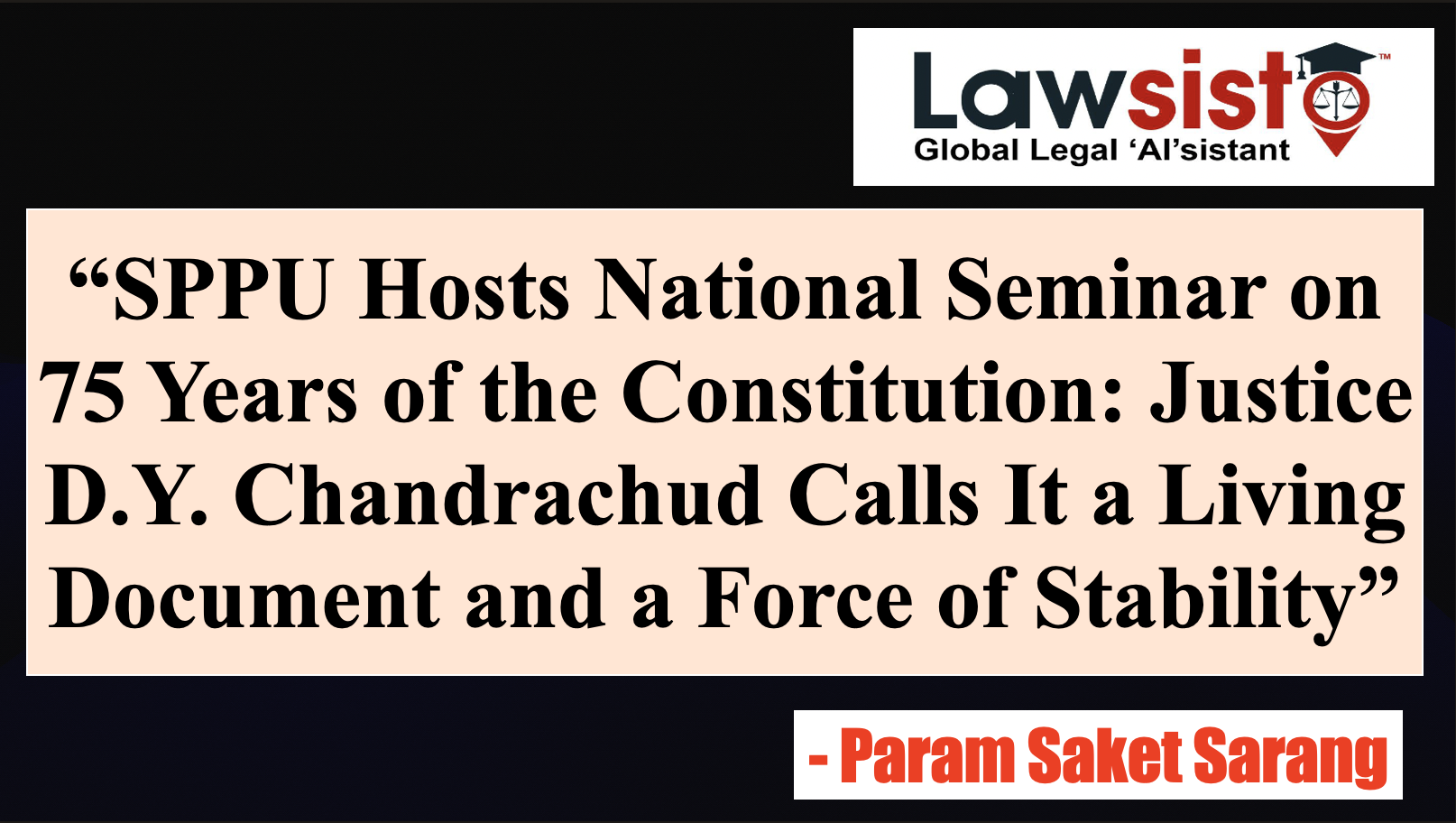Latest Articles
Alternate Dispute Resolution

Alternate Dispute Resolution
Indian Judiciary, being one of the oldest judicial system, is nowadays becoming inefficient to deal with pending cases. Indian courts are clogged with long unsettled cases. We can see that even after all these courts settling so many cases a day, millions of cases are still pending and they are being piled up. In such a situation Alternate Dispute Resolution (ADR) can be a helpful mechanism, where the conflict between the parties are solved in a peaceful manner which is agreed by both the parties.
The concept of Alternative Dispute Resolution (ADR) mechanism is capable of providing a substitute to the conventional methods of resolving disputes. Alternate Dispute Resolution offers to resolve matters where people are not able to reach a settlement or negotiation. The matters includes civil, commercial, family, industrial etc. Generally, ADR uses neutral third party who helps the parties to communicate, discuss the differences between them and reach a conclusion thus resolving the dispute. By ADR the parties reach to a conclusion which both of them agrees to thus avoiding conflicts and maintaining a social order between them.
Since many cases are pending in Indian courts, ADR provides its diverse techniques to deal with the situations faced by the courts. Alternate Dispute Resolution provides scientifically developed techniques to Indian judiciary thus helping the courts to reduce their burden. In order to make the mechanism more effective and logically update with the demanding social scenario, the Legal Service Authorities Act, 1987 has been amended from time to time to support the use of ADR methods. Section 89 of the Code of Civil Procedure, as amended in 2002, has introduced conciliation, mediation and pre-trial settlement methodologies for effective resolution of disputes. ADR provides various modes of settlement including, arbitration, conciliation, mediation, negotiation and Lok Adalat.
ADR is founded on Article 14 and 21 which deals with equality before law and right to life and personal liberty respectively. Socio-economic and political justice are the primary motive of ADR. Also to maintain integrity in the society enshrined in the preamble. ADR also strive to achieve equal justice and free legal aid provided under article 39-A relating to Directive Principle of State Policy(DPSP).
Advantages of Alternate Dispute Resolution are:-
- Less time consuming: As compared to courts, ADR resolves a case in less time.
- Cost effective method: it saves lot of money if one undergoes in litigation process.
- Informal ways are applied in resolving dispute avoiding court procedures.
- People can express themselves without any fear of court of law.
- It is very efficient since parties reach a decision in the same platform.
- Also it prevents further conflict thus maintaining good relationship between the parties.
- It preserves the best interest of the parties.
Due to the piling up of cases in courts judgements are delayed. This is where the need of Alternate Dispute Resolution arose, thus resolving the conflicts in a peaceful manner. Even after having Alternate Dispute Resolution, cases are still piling up. But of course there is a change. If ADR was not there then those cases resolved by them would have been added to the pile.
















































































































































































































































































































































































































































